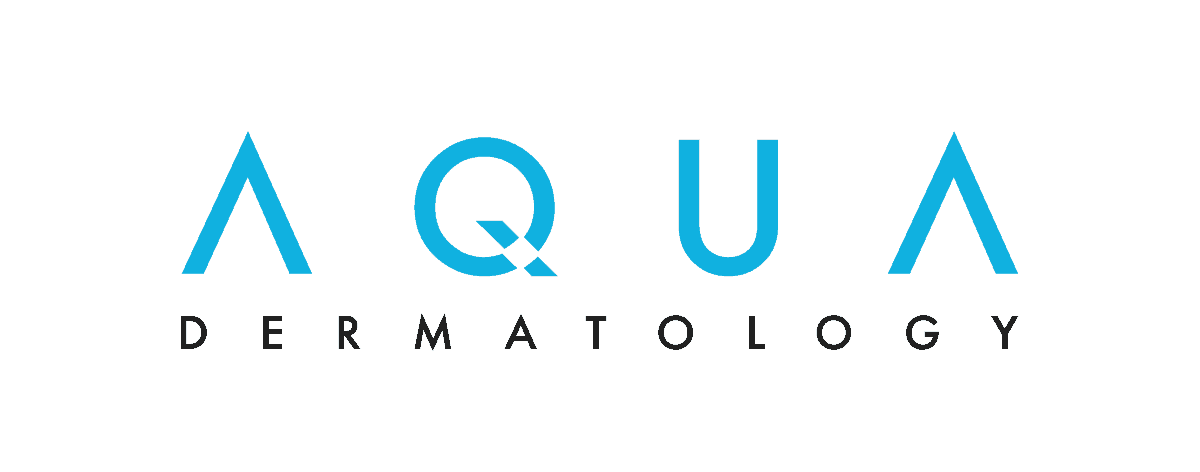Vitamin D supplementation has been a recent media topic as well as a frequent question posed by our patients. Why the sudden hysteria? Actually, the vitamin D controversy is nearly 100 years old. It began in the 1920’s, around the same time period as the Coco Chanel’s trendy “tanned is beautiful” message. People who were tan were perceived to look healthier. This ultimately led to the public opinion that sun exposure was beneficial to health. This belief was further reinforced by the discovery of vitamin D being the active component in cod liver and shown to prevent childhood rickets as well as UV radiation causing vitamin D synthesis.
Despite the suspicion of UV radiation as a human carcinogen existing in medical literature as far back as the 1890’s the quest for tan began. There is now overwhelming evidence that UV radiation is carcinogenic. Melanoma and Non-melanoma skin cancers have continued to increase at dramatic rates characterizing these cancers as nearly epidemic. Despite the overwhelming evidence of the development of these cancers, the political crusade of some to promote unprotected UV exposure in order to increase ones photosynthesis of vitamin D in the skin still continues.
The question here is not in the benefit of adequate serum vitamin D levels, but more so in the ways to obtain these levels. Experts from the American Academy of Dermatology have examined the research and report evidence suggesting adequate vitamin D levels can be obtained through dietary consumption or supplementation equally and interchangeably as metabolizing it cutaneously from unprotected sun exposure.
Please take the time to review the recent article of Vitamin D from the Mayo Clinic.
http://www.mayoclinic.com/health/vitamin-d/NS_patient-vitamind
Vitamin D Fact Sheet Provided by National Institute of Health
What is vitamin D and what does it do?
Vitamin D is a nutrient that helps almost every part of the body. Like calcium, it builds bones and teeth and keeps them strong.
How much vitamin D do I need?
It depends on your age. Here are the amounts people of different ages should get on average each day, listed in International Units (IU):
Birth to 12 months
400 IU
Children 1–13 years
600 IU
Teens 14–18 years
600 IU
Adults 19–70 years
600 IU
Adults 71 years and older
800 IU
Pregnant and breastfeeding teens and women
600 IU
What foods provide vitamin D?
Only a few foods naturally have vitamin D. The best source is fatty fish like salmon, tuna, and mackerel. Beef liver, cheese, egg yolks, and mushrooms provide smaller amounts. You might be able to get recommended amounts of vitamin D by eating a variety of foods with plenty of fortified milk and fatty fish.
Almost all milk in the United States is fortified with 400 IU of vitamin D per quart. Vitamin D is also added to some breakfast cereals and brands of orange juice, yogurt, margarine, and soy beverages (check the product labels).
Can I get vitamin D from the sun?
The skin makes vitamin D when exposed to sunlight. But when out in the sun for more than a few minutes, wear protective clothing and use sunscreen (with an SPF of 8 or more) to lower the risk of skin cancer.
If you avoid the sun or cover your body with sunscreen or clothing, make sure you get enough vitamin D from food or take a supplement. When you’re indoors, sunlight on your skin coming through window glass is not strong enough to make vitamin D.
What kinds of vitamin D dietary supplements are available?
There are two forms: D2 and D3. Both raise vitamin D levels in the body.
Am I getting enough vitamin D?
People with dark skin, older adults, obese people, and people with some digestive disorders (like Crohn’s disease or celiac disease) may not get enough vitamin D unless they make a special effort. Breastfed infants should be given a vitamin D supplement of 400 IU each day.
Vitamin D can be measured in the blood to learn whether your levels are too low, too high, or somewhere in between. It’s not yet clear what levels of vitamin D in the blood are best for good health.
What happens if I don’t get enough vitamin D?
Vitamin D deficiency causes rickets in children, where the bones become soft and bend. It is rare but sometimes occurs, especially in African American infants and children. In adults, vitamin D deficiency causes bone pain and muscle weakness. Adults who don’t get enough vitamin D and calcium can develop weak and brittle bones (osteoporosis).
What are some important links between vitamin D and health?
Scientists are studying vitamin D to see how it affects health. Here are a few examples of what this research has shown.
Bone problems
As they get older, men and women can develop weak and fragile bones, a condition called osteoporosis. Supplements of both vitamin D and calcium can reduce the risk of bone loss and fractures in elderly people. Talk with your healthcare provider about vitamin D and calcium as part of a plan to prevent or treat osteoporosis as you age.
Cancer
Some studies have tried to find out whether getting more vitamin D can affect the chances of developing cancers of the colon, breast, prostate, pancreas, and other parts of the body. It’s too early to say whether low levels of vitamin D affect one’s risk of cancer.
Can vitamin D be harmful?
In healthy adults, and in pregnant and breastfeeding teens and women, vitamin D at doses up to 4,000 IU is safe. (The safe amount is 1,000 IU for infants in the first six months of life and goes up as you get older to 4,000 IU in children age 9-13 years.) When taken as a supplement at very high doses, vitamin D can cause nausea and vomiting, confusion, and serious heart problems. Vitamin D made in the body from sunlight does not rise to dangerous levels.
Does vitamin D interact with any medicines or dietary supplements?
Yes. For example, prednisone and some medicines taken to lose weight, lower cholesterol, or control epileptic seizures can raise the need for vitamin D.
Bottom line: Tell your doctor, pharmacist, and other health care providers about any dietary supplements and medicines you take. They can tell you if those dietary supplements might interact or interfere with your prescription or over-the-counter medicines or if the medicines might affect how your body uses vitamin D.
Where can I find out more about vitamin D?
Office of Dietary Supplements Health Professional Fact Sheet on Vitamin D
Office of Dietary Supplements Consumer Fact Sheet on Vitamin D
Vitamin D Content of Selected Foods Per Common Measure
For advice on buying dietary supplements, see the Office of Dietary Supplements Frequently Asked Questions
For information on the government’s food guidance system, see MyPyramid and the Dietary Guidelines for Americans
Disclaimer
This fact sheet by the Office of Dietary Supplements provides information that should not take the place of medical advice. We encourage you to talk to your healthcare providers (doctor, registered dietitian, pharmacist, etc.) about your interest in, questions about, or use of dietary supplements and what may be best for your overall health.
http://ods.od.nih.gov/factsheets/VitaminD-QuickFacts






